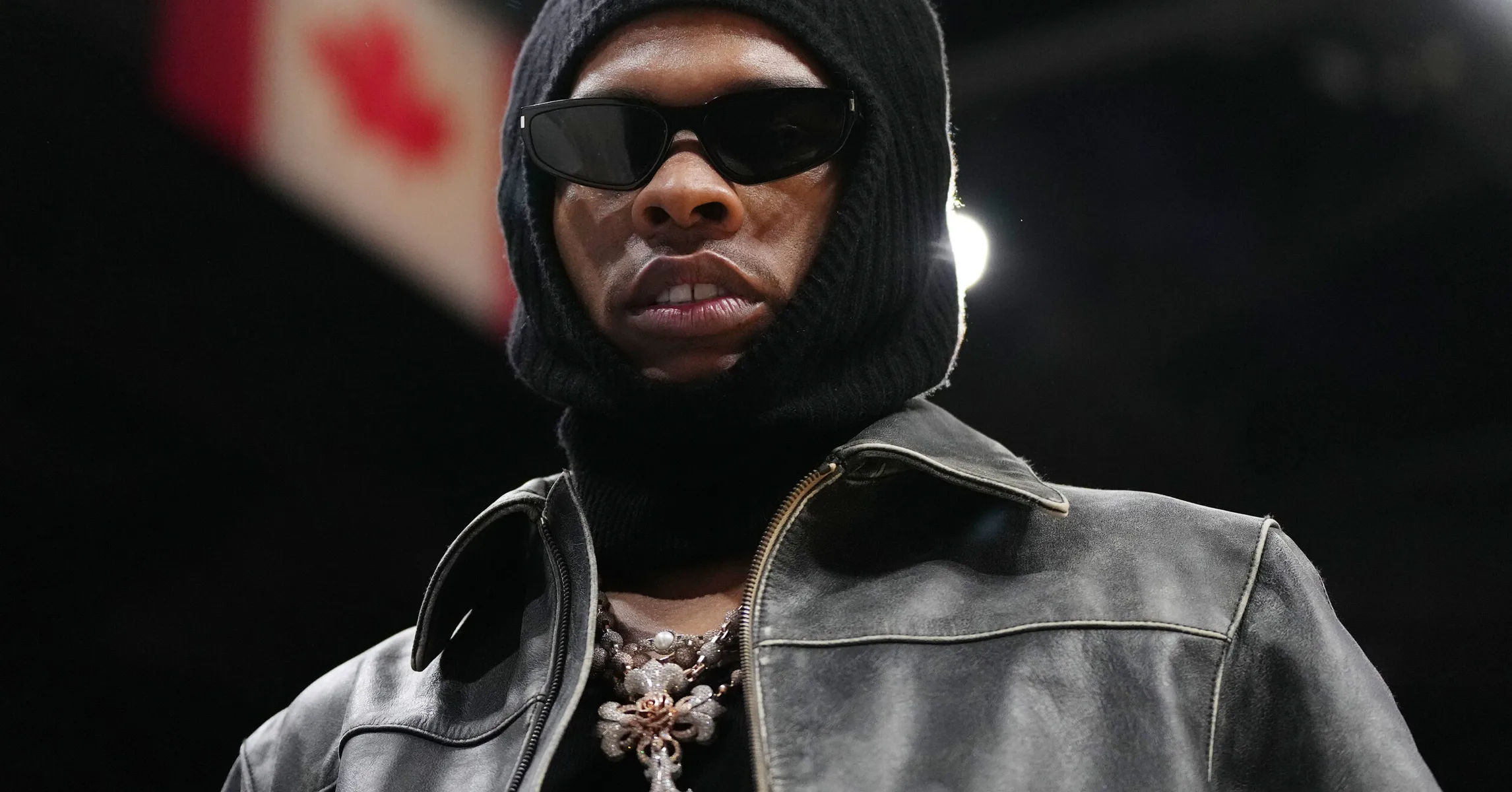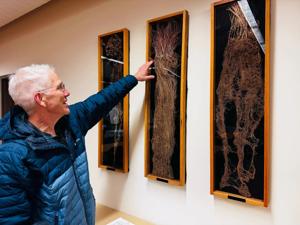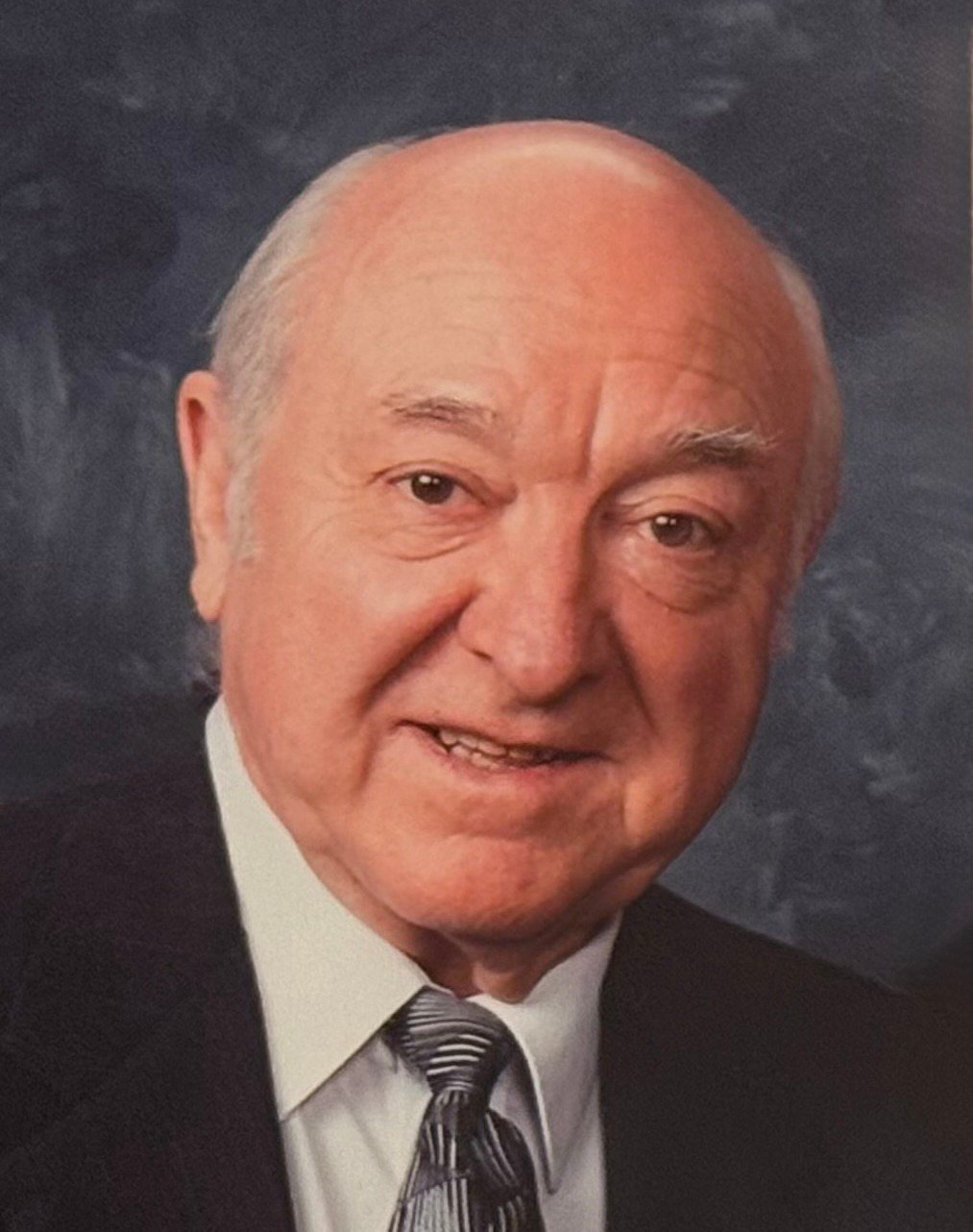World
Cameroon Votes as Paul Biya Seeks Extended Rule at 92
Cameroon held a crucial presidential election on October 8, 2023, where the nation’s oldest leader, Paul Biya, who is now 92, sought to extend his rule by another seven years. Having first ascended to power in 1982 after the resignation of Cameroon’s inaugural president, Ahmadou Ahidjo, Biya has dominated the political landscape for over four decades. Analysts predict that he is likely to emerge victorious once again, which would see him remain in office until the age of 99, assuming his term concludes as scheduled.
Despite his long-standing grip on power, Biya’s health has sparked concern and speculation. He spends a significant amount of time in Europe, delegating daily governance responsibilities to prominent party officials and family members. Dr. Benjamin Akih, an activist and professor at Syracuse University, expressed skepticism about Biya’s chances, suggesting that the opposition candidate, Issa Tchiroma Bakary, could capitalize on Biya’s age and the challenges faced during his extensive tenure. “I think this election is different. Mr. Biya was the weakest candidate the CPDM could put forward due to his age and the poor state of the country after his 43 years in power,” Akih stated.
Biya announced his candidacy amidst growing challenges, emphasizing the pressing international issues the country faces. “In such a situation, I cannot shirk my mission,” he declared. He is up against nine opposition candidates, including former allies like Bello Bouba Maigari, a past minister for tourism, and Tchiroma, who previously served as the minister of employment.
Voting took place at a primary school in Yaoundé, where Biya chose not to comment on his future plans until after the results are announced. These results are anticipated by October 26, 2023.
Opposition figures have raised alarms about potential voter fraud. Joshua Osih, a candidate from the Social Democratic Front and a sitting member of parliament, noted that the electoral process is fraught with complications. “There is still a lot of room for progress to make things smoother… the elections cannot be free and fair,” Osih remarked.
In Cameroon, voting occurs in a single round, with the candidate receiving the highest number of votes declared the winner. The electorate consists of approximately 8 million voters, including over 34,000 residing abroad, who cast their ballots at more than 31,000 polling stations across the nation, which has a population exceeding 29 million.
Among the voters is Cheukam Ginette, a 34-year-old environmentalist and first-time voter, who expressed her discontent with Biya’s leadership. “Things have to change. First of all, life is expensive, getting medical care is not easy… Everything is ruined. That’s why I voted for the opposition,” she stated outside a polling station in Yaoundé. Despite her doubts regarding the electoral process, she remains hopeful for change.
At a recent campaign rally in Maroua, Biya promised improvements for one of Cameroon’s poorest regions, where nearly 20% of eligible voters reside. This northern area has strong support for both Maigari and Tchiroma.
Cameroon grapples with escalating security challenges, including a secessionist conflict in the western region involving mainly English-speaking separatists who feel marginalized by the French-speaking majority. Additionally, the Boko Haram insurgency from neighboring Nigeria continues to threaten northern communities, contributing to a pervasive climate of insecurity.
According to estimates from the United Nations, approximately 43% of Cameroon’s population lives in poverty when measured by core living standards, including income, education, and health. As the election unfolds, many citizens are left wondering if a shift in leadership may bring the change they seek in a country facing numerous hardships.
-

 Top Stories1 month ago
Top Stories1 month agoRachel Campos-Duffy Exits FOX Noticias; Andrea Linares Steps In
-

 Entertainment15 hours ago
Entertainment15 hours agoJayda Cheaves Claims Lil Baby and Ari Fletcher Had an Affair
-

 Top Stories2 weeks ago
Top Stories2 weeks agoPiper Rockelle Shatters Record with $2.3M First Day on OnlyFans
-

 Top Stories2 weeks ago
Top Stories2 weeks agoMeta’s 2026 AI Policy Sparks Outrage Over Privacy Concerns
-

 Sports2 weeks ago
Sports2 weeks agoLeon Goretzka Considers Barcelona Move as Transfer Window Approaches
-

 Top Stories2 weeks ago
Top Stories2 weeks agoUrgent Update: Denver Fire Forces Mass Evacuations, 100+ Firefighters Battling Blaze
-

 Health2 months ago
Health2 months agoTerry Bradshaw Updates Fans on Health After Absence from FOX NFL Sunday
-

 Top Stories2 weeks ago
Top Stories2 weeks agoOnlyFans Creator Lily Phillips Reconnects with Faith in Rebaptism
-

 Sports1 week ago
Sports1 week agoSouth Carolina Faces Arkansas in Key Women’s Basketball Clash
-

 Top Stories1 week ago
Top Stories1 week agoCBS Officially Renames Yellowstone Spin-off to Marshals
-

 Top Stories2 weeks ago
Top Stories2 weeks agoOregon Pilot and Three Niece Die in Arizona Helicopter Crash
-

 Entertainment2 weeks ago
Entertainment2 weeks agoTom Brady Signals Disinterest in Alix Earle Over Privacy Concerns




